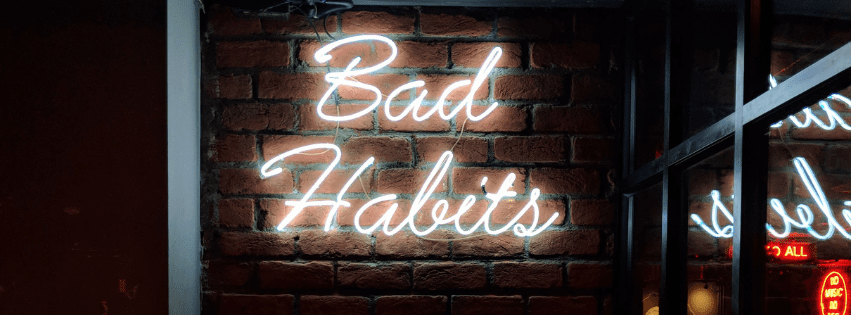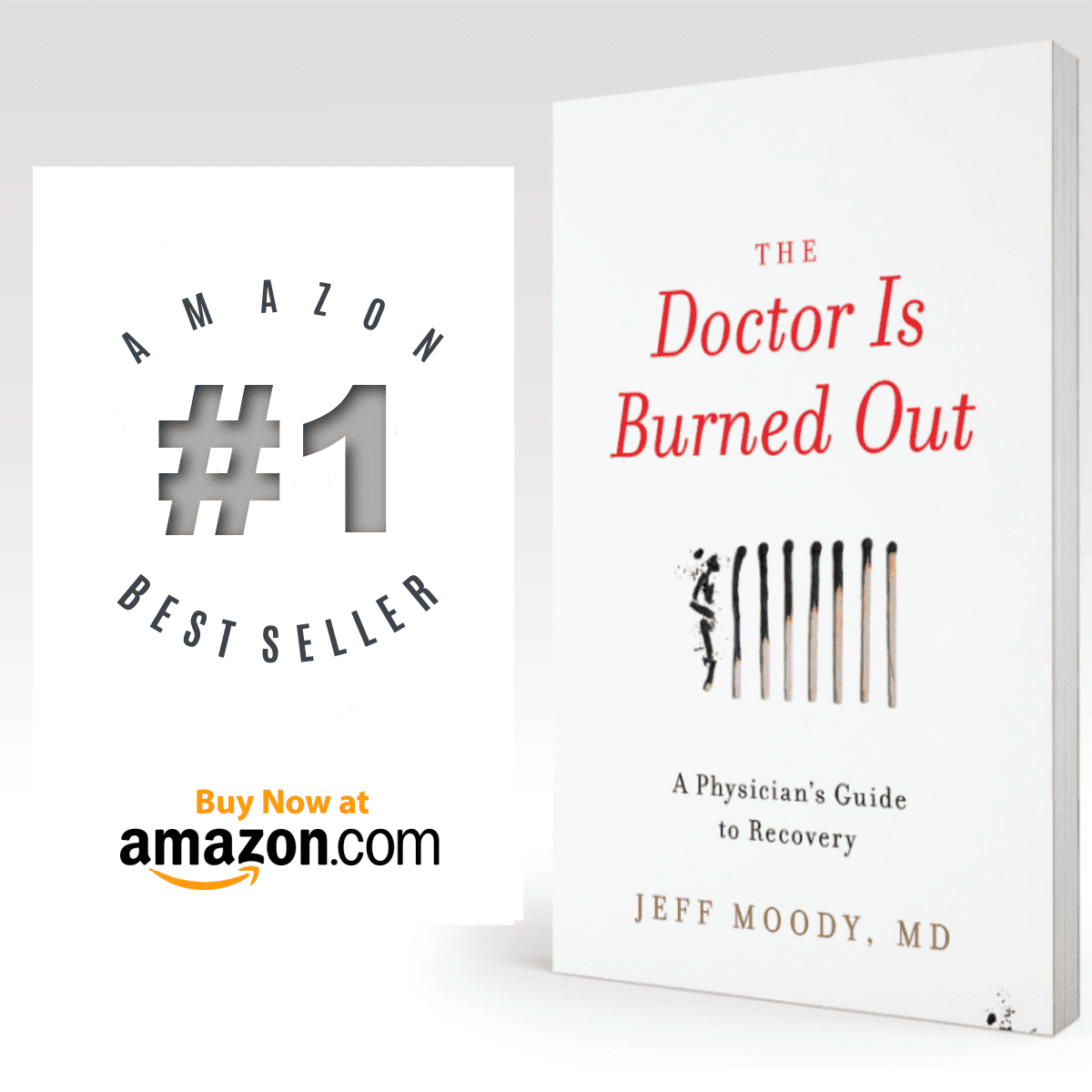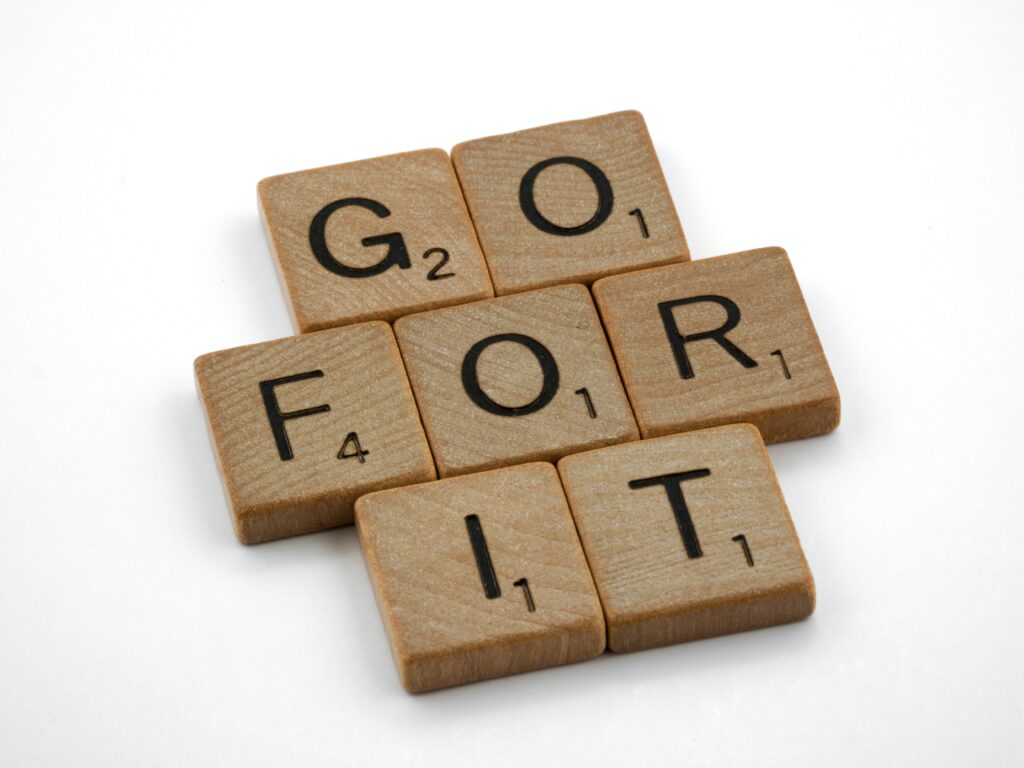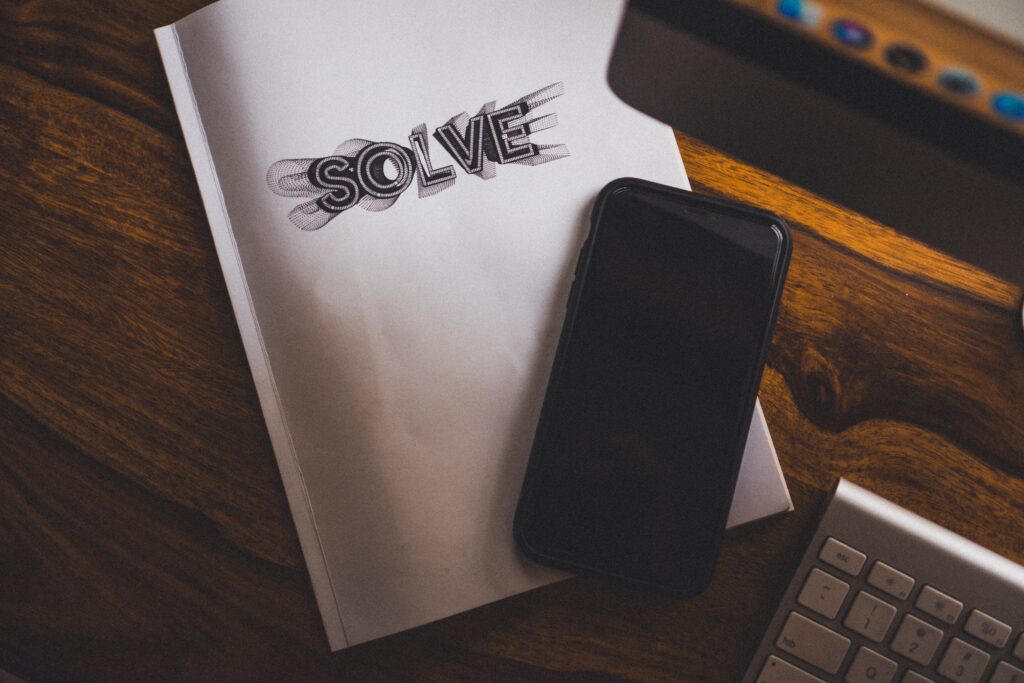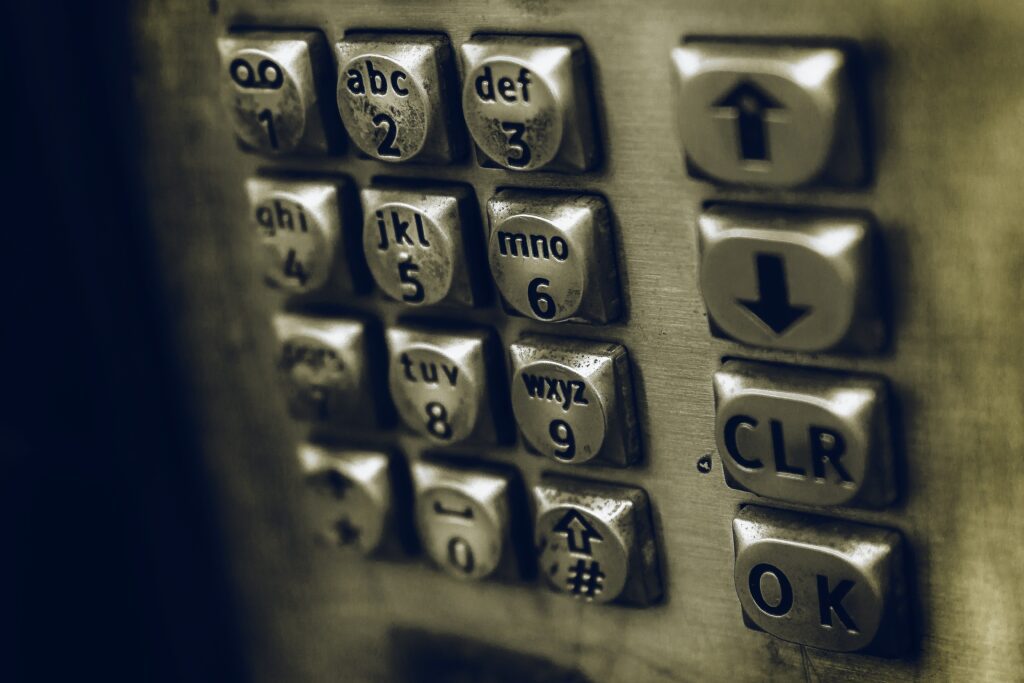How to Change Your Habits for Good!
How to change your habits for good!
“We first make our habits, then our habits make us.”
~John Dryden
What does burnout this have to do with habits? Well about 40% of your behavior and your actions throughout the day are controlled by habitual motion or habitual process. If we’re going to talk about replacing habits that may be damaging you or harming you and replacing them with things that will help with your burnout, habit change and habit formation are good things to study.
WHAT IS A HABIT REALLY?
A habit is a cue, a behavior, and a reward. Charles Duhigg, a Pulitzer Prize-winning journalist and author of, “The Power of Habit,” details the extent to which habits control our lives and how we can turn the tables on them to take back control. For habit change to occur, the simplest series of events to facilitate change is leaving the cue, or trigger, for a behavior the same, as well as the reward for your behavior, but insert a new behavior.
Some people bite their nails as a method of stress release. The cue is stress. The reward is stress release and a feeling of control. The behavior is nail biting. What if the behavior was humming your favorite song? The cue could be a stressful event, the behavior would be a rousing, hummed rendition of “Take Me Home” by Phil Collins, but the reward would still be feeling better as it is your favorite song. A bad habit is now changed, and manicure expenditures go way down!
KEYSTONE HABITS:
A critical component of habit change is identifying and acting on changing keystone habits. Keystone habits are different for each person, such as quitting smoking for a smoker or learning new responses to unexpected, irritating events for me. Changing a primary habit causes a cascade of other positive habit changes once the change process is learned and internalized. For example, the smoker quits smoking, takes what they have learned from that behavior change success, then starts exercising, eats better, loses weight, becomes a responsible, reliable worker, learns to invest his or her money, and has positive, increasing results.
THE PROCESS OF HABIT CHANGE, IN A NUT SHELL IS:
(from Duhigg’s classic text57)
1. Change one keystone habit that you can control.
- Have a goal in your life! Habits love the motivation of a goal.
- To change a habit, you must keep the old cue and deliver the old reward but insert a new routine, as explained above and below.
- Belief accelerates and improves habit change, and belief happens easier when it occurs within a community.
- A community provides support, and support happens best in groups.
- Small wins lead to keystone habit change, which encourages other changes by creating structures that help other habits to flourish.
- Willpower is the single most important keystone habit for individual success, and willpower itself becomes a habit by choosing a certain behavior ahead of time and then following a routine when opportunities for failure appear.
- Control/autonomy. Research shows that willpower (number seven above) is even more effective when the sense of control people had over their experience was perceived as high.
For personal change, the preceding eight points are the path forward.
So in order to get a different result. You want to insert you want to have the same queue, have a different behavior and get the same reward. That’s the best way that habits habit.
CHANGE WORKS.
For example, let’s say your habit is the first thing that you do when your alarm goes off in the morning is you hit the hit the snooze. Okay, and then you know 10 more minutes go by and you get up again, and you finally get up maybe sooner or later. One thing that was in the clearly the, the queue is the alarm, the habit is hitting the snooze, and then the action, and then a reward is getting to sleep for five or 10 more minutes.
Let’s say you want to get up and exercise, so if you didn’t hit the snooze five times you could have time to do that. So I think the queue would still be your alarm, the habit would be putting your feet on the ground and getting out of bed. And then the reward is you’re going to feel better, and you’re not going to sleep but you feel better because you’re going to go exercise. So you still have the same cue, you still have the same reward feeling better, although in this point in this way you’re replacing the habit of hitting the snooze with the habit of getting up to your exercise.
HABITS ARE CRUCIAL:
And really, the critical thing about habit changes that helps you start to recover from burnout and helps automate some of your behaviors, so that you can recover quicker.
For more on habits, grab a copy of my book, “The Doctor is Burned Out: A Physician’s Guide to Recovery.” It has a chapter on habit change that is more in depth than this today.
Make some time to chat with me to get started back to YOUR LIFE, healthy, happy and fulfilled!
Check out more on this on the Video TIP OF THE WEEK:
Go to JeffMoodyMD.com and connect with us to get you the right tools to take action and get to where you want to be.
Remember, burnout recovery is for you!
REGISTER FOR MY FREE WEBINAR:
“Five Steps Doctors Use to Finally Break Free from Burnout, Sleep Like A Baby at Night and Reclaim Their Energy” {without sacrificing their time}
→Check out my NEW live stream series, Burnout Breakthrough on @JeffMoodyMD.
+ Leave a comment below and let me know what you struggle with and which tip made a difference for you.
+ Share this video with others so they can get the inside scoop.
Have a topic you’d like me to share tips about? I’d love to hear from you!
CONNECT WITH ME:
// OTHER PLACES TO FIND ME //
Share this post!
You Are Not Alone
Sign Up for our Newsletter for more information!
I help you get these results with a systematic approach to diagnosing, treating and recovering you from burnout.
